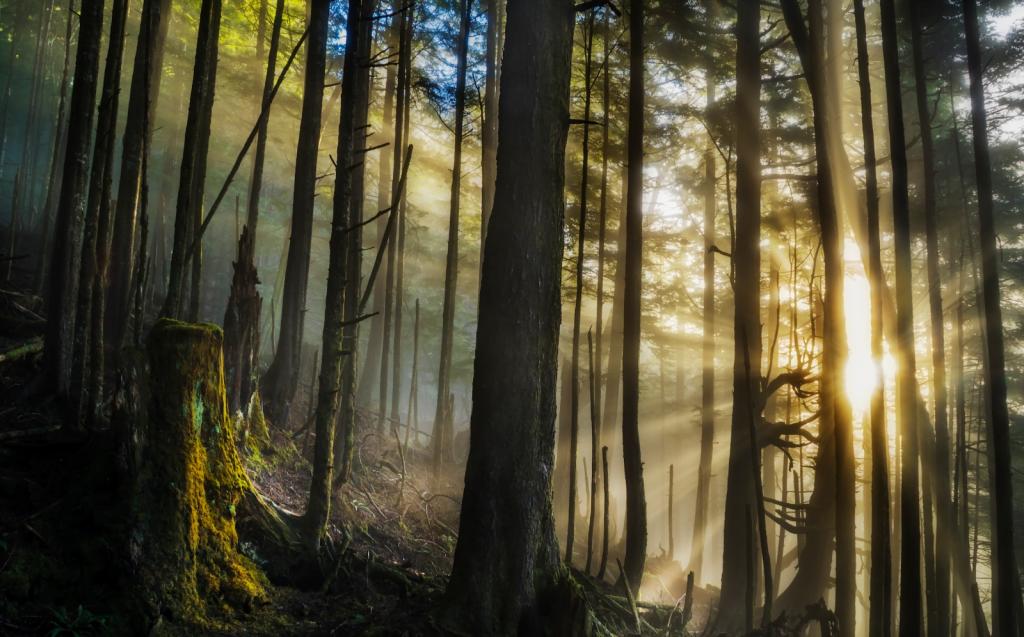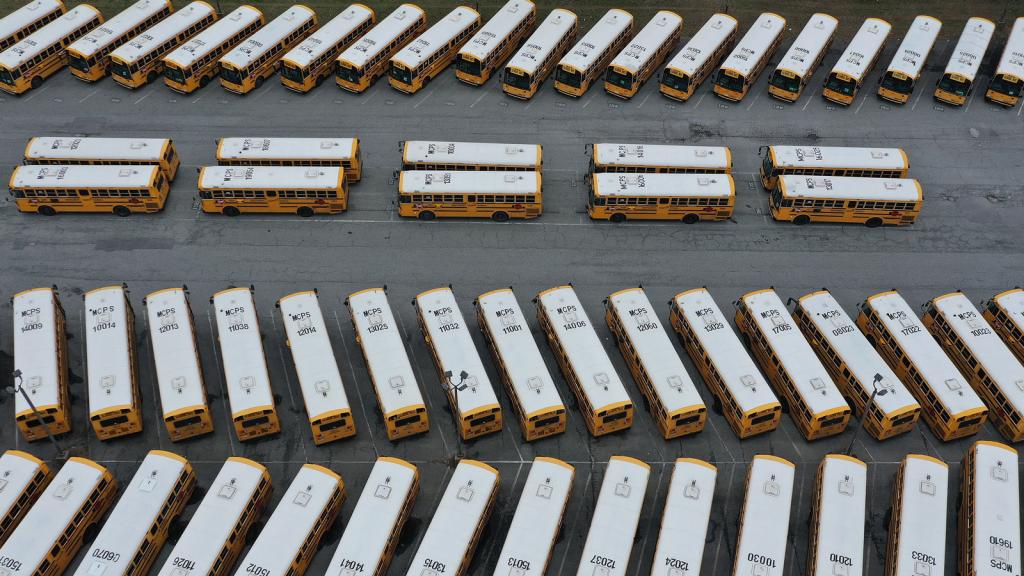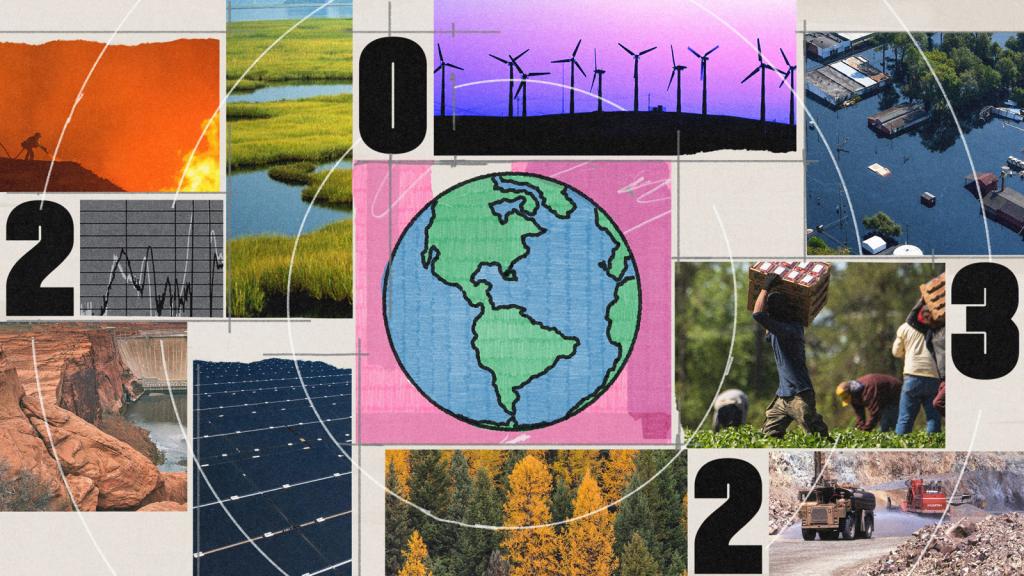At a virtual fundraiser last July, then-presidential candidate Joe Biden said, “I want young climate activists, young people everywhere, to know: I see you. I hear you. I understand the urgency, and together we can get this done.” As young climate activists from Utah and New York, we not only want to be seen and heard, we want our demographic to help design and implement climate policy.
Young people’s leadership has elevated the climate crisis so effectively that it is now a priority in the White House. The Fridays for Future campaign, which included more than 2,500 organized protests in 150 countries, was the largest global climate crisis demonstration in history. The Sunrise Movement alone contacted 3.5 million young voters in swing states leading up to the 2020 election.
But we are capable of more than activism. Given the opportunity to collaborate with lawmakers and leaders, we can push meaningful climate policies. Michelle spearheaded a delegation to the 2019 World Mayors Summit, where young leaders competed to design climate plans, with the winning ideas presented to elected leaders. In Utah, Piper organized a student coalition that successfully advocated for a state resolution recognizing climate change, helping to convince the legislature to later appropriate $200,000 to create an Air Quality and Changing Climate Roadmap. Students in Carmel, Indiana, convinced their elected officials to pass the first city-level climate action plan in the state; in St. Louis Park, Minnesota, a youth-led coalition moved its city council to commit to carbon neutrality by 2040.
We are proud to be part of a movement that is motivating leaders at all levels to support progressive climate policies and plans. But unless young people have a personal connection to someone in government who will champion them, they often are left out of the policymaking process. That’s why states and cities must create youth climate advisory positions and climate councils with the power to make policy recommendations, oppose environmentally harmful measures, and hold officials accountable to follow through on climate-action plans.
A growing number of governmental bodies have done just that. In Portland, Oregon, one such panel testified in support of resolutions banning new fossil fuel infrastructure and endorsing clean energy; opposed new gas plants, oil trains, and fossil fuel terminals; and organized environmental-equity forums. Members of an inaugural climate council in San Antonio, Texas, who are primarily youth of color and students who have been historically underrepresented in the environmental movement, will meet with environmental stakeholders and make recommendations to help the city achieve its Climate Action and Adaptation Plan.
Typically, climate policy councils are made up of environmental experts and elected representatives. We still need them. But young people have a unique understanding of the climate crisis. Our futures especially are at stake, so we are motivated to address the looming crisis. Yes, we may lack experience in crafting policy, but this inexperience grants us the imagination to conceive of transformational solutions. Systemic change is required to address this existential problem, and the fresh perspectives of young people will be necessary to accomplish this.
Moreover, young people may be able to overcome the partisanship and polarization within climate politics, which is less of a problem among millennials than older generations, as younger conservatives increasingly join the movement. Young people have led organizations from across the political spectrum, from the progressive Sunrise Movement working for a Green New Deal to the conservative Students for Carbon Dividends advocating for national carbon-pricing policies.
Millennials and Gen Z also tend to view the issue through a more intersectional lens, giving consideration of race, class, disability, and gender within the response to the climate crisis. Mari Copeny, the 14-year-old activist also known as Little Miss Flint, raised national awareness about the water crisis in her predominantly Black community and called out the role of environmental racism. Jasilyn Charger, an activist from the Cheyenne River Sioux Tribe, was part of a small group of youth organizers who set up some of the earliest demonstrations against the Dakota Access Pipeline on the Standing Rock Reservation. Understanding that climate change disproportionately impacts different communities is essential to ensuring that new climate policies do not exacerbate existing disparities.
Today’s young people will become the adults who carry out environmental policies for decades to come, so we must hold formal positions in crafting the bold climate policies we all deserve.
Got a bold idea or fresh news analysis? Submit your op-ed draft, along with a note about who you are, to fix@grist.org.



